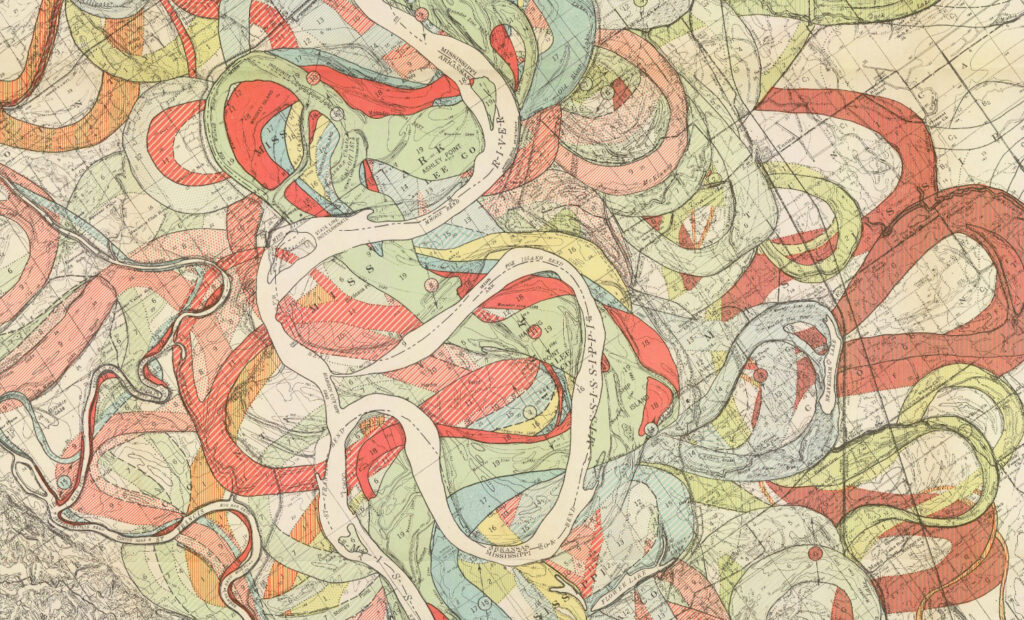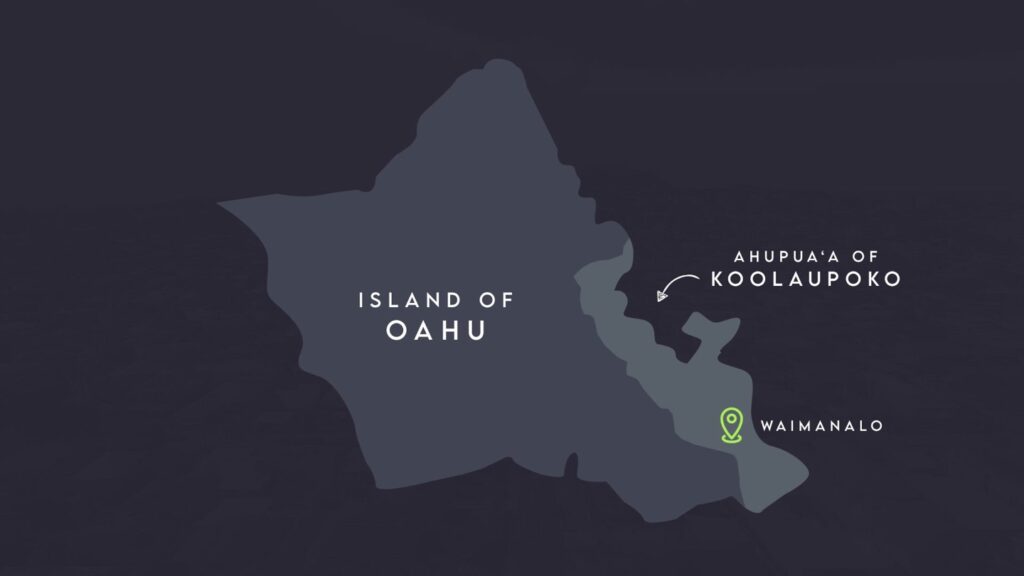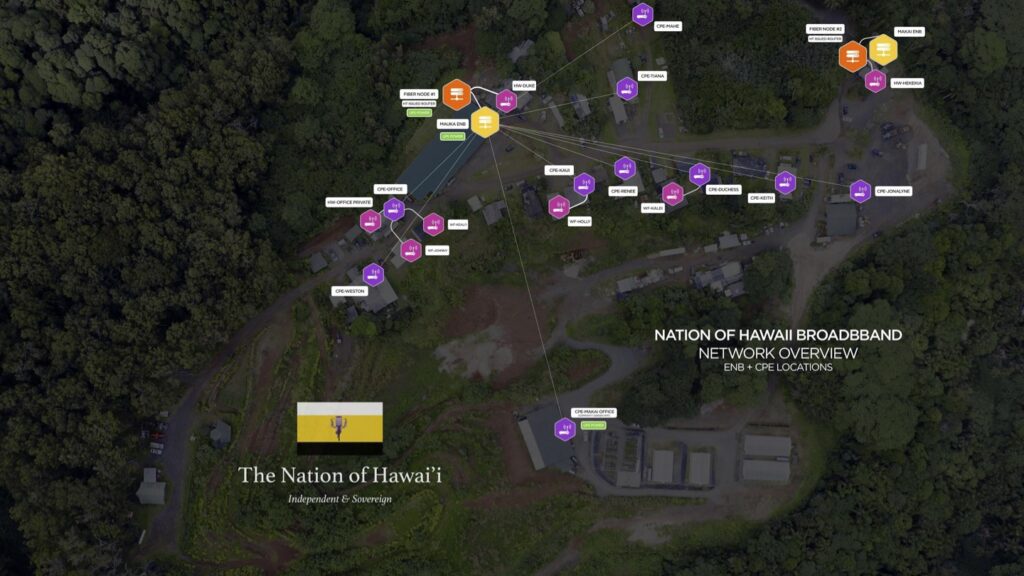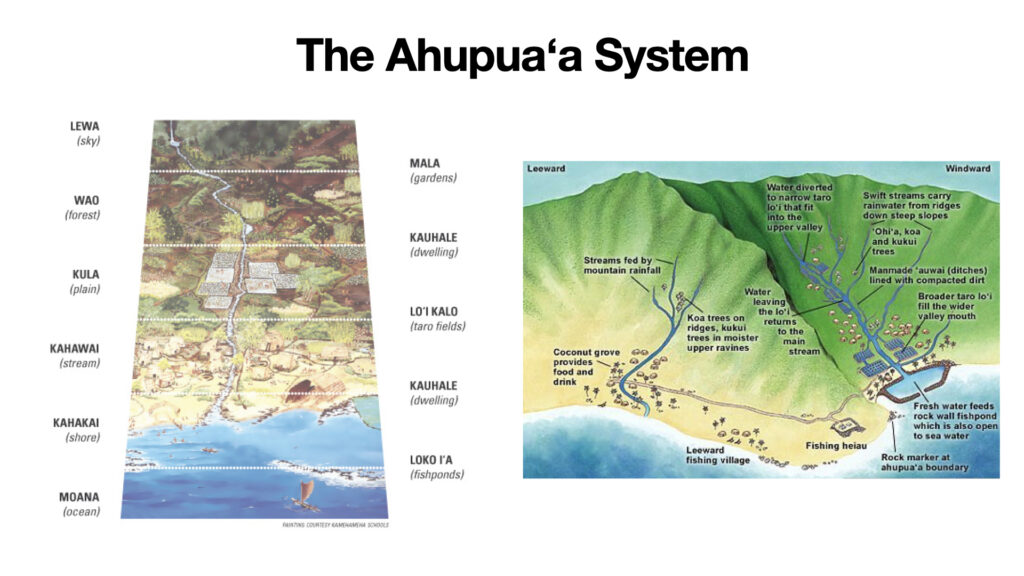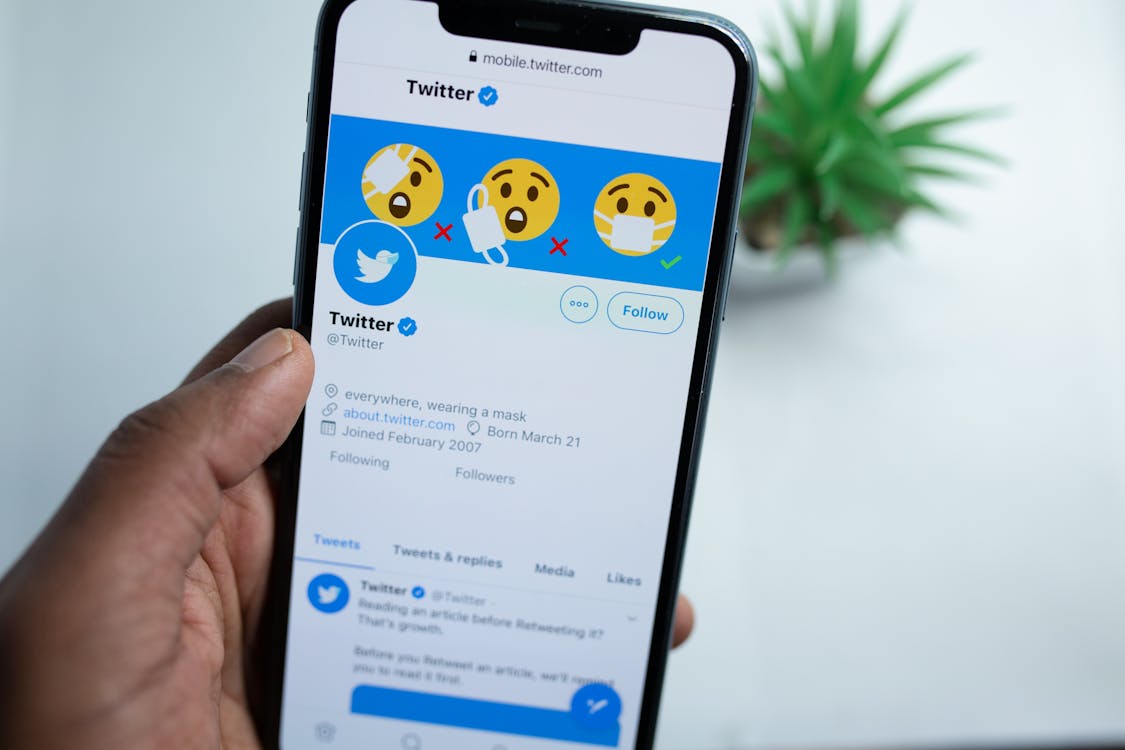Tenets of digital rights affirm our undeniable ability to exploit data, devices, hardware, and software the way we see fit, on our own terms, in the spirit of innovation. What we need is a decolonial approach to innovation that starts with an assumption that we, in fact, have no digital rights. We are not entitled to do what we wish with whatever we are able to learn or know on the Internet.
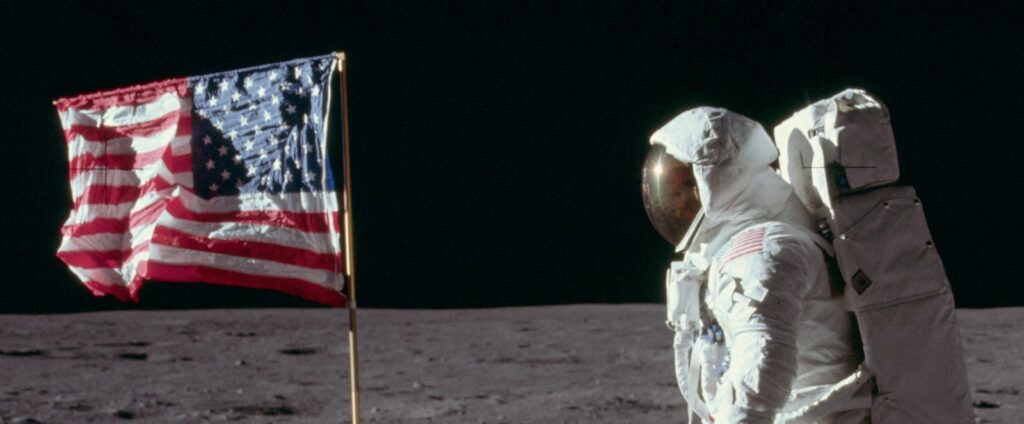
Recently, while working to design a grant program to support Internet innovation, I was introduced to SATELLITE, an annual conference launched in 1981. It had “the goal to connect and unite the satellite industry as we headed towards new frontiers”. It is here that various digital communities learn and share with one another about the opportunities and benefits of satellite technology. Historically, it is also the place where billionaire entrepreneurs have come to announce their intention to colonize outer space.
Soon after the introduction, I found myself watching the video stream of Blue Origin’s New Shepard Mission NS-17, an inaugural commercial space flight in August 2021 ferrying four private US citizens to space, including Jeff Bezos, founder and executive chairman of Amazon. I was in awe and marvelled at the feat. But something felt terribly off. I had many questions. How is it that Jeff Bezos gets to go to space on a rocket ship of his own imagining? What is he planning to do once he gets there? And what does that mean for the rest of us still here on planet Earth?
Everything about Blue Origin, the New Shepard, Jeff Bezos, and his cowboy hat is steeped in frontierism and colonial tradition. The narrative unfolds like a modern-day tale of Christopher Columbus setting sail to the new world in search of more exploits and some “Indians”. Funded by the US government and promoted as one more “small step for mankind”, Mission NS-17 bears witness to the dream of the future, renders Bezos the space baron we’ve all been waiting for, and puts on full display the power that wealth generated from the Internet can have to transform our reality in dramatic fashion.
Undergirding this tableau is a sense of determinism and entitlement, the will and power of Bezos to exploit and manipulate all that Amazon data to propel himself out of the stratosphere, figuratively, and beyond the Káráman line, literally. So extreme in his wealth, so emboldened by his digital entrepreneurship, his private reach for the stars takes on a universality about innovation and what is possible if only we could harness data and technology to our advantage to claim galactic sovereignty.
Coincidentally, the march toward technological sovereignty is generally the starting point for many digital rights discussions. This reveals why I find most of those discussions to be on a slope of toxicity. Tenets of digital rights like net neutrality, privacy, open access, and decentralization work in concert to establish digital entitlements that can be institutionalized and formally recognized by governing bodies. These entitlements affirm our undeniable ability to exploit data, devices, hardware, and software the way we see fit, on our own terms, in the spirit of innovation. These entitlements, I would argue, mirror exactly the entitlements that allow Bezos and other space barons to perpetually exploit us and the planet to their advantage, to build their rockets, and establish new colonies far, far away.
This is an inherently colonial approach, a terra nullius scheme toward innovation that holds the belief that the digital space is unchartered and unclaimed and ready for the taking; that each of us, pulling on our bootstraps, should have an equal opportunity to not only access but create and dominate new digital realms.
Believing in a notion of digital sovereignty necessitates practice in digital dispossession. My claim of a slice of the digital pie means you don’t get to claim it. Sovereignty as the basis for an argument of legitimate authority and autonomy over a parcel of land or a web address is a deeply rooted Euro-colonial construct, the same construct that fortified Columbus’ exploration/exploitation of the new world back then and props up Bezos’ exploration/exploitation of outer space right now.
I would argue that a decolonial approach to innovation starts with an assumption that we, in fact, have no digital rights at all; that we, in fact, are not entitled to do what we wish with whatever we are able to learn or know on the Internet. Instead, a decolonial approach could mean that we are beholden to mutuality, obligation, and duty to each other and the planet with respect to what we know about the world and ourselves, how we came to possess that knowledge, the resources that emerge because of it, and how we share these within our communities online and in real life.
This decolonized approach is a relational one. It would mean that data, knowledge, and resources don’t belong to us, rather they reveal themselves to us. Our duty then is to honour that revelation and share it with members of our community out of mutual respect and obligation. We need to look no further than Bezos’ own family for examples of this.
Following her divorce from Bezos in 2019 after 25 years of marriage, Mackenzie Scott made a pledge to commit the bulk of her wealth from her 4% stake in Amazon to equity-focused, community-based organizations through unrestricted grant-making. In a blog post titled Seeding by Ceding, Scott acknowledges how her wealth came to be from collective and exploitative efforts of labour, resources and a system, how it was “enabled by systems in need of change”, and “prioritized organizations with local teams, leaders of color, and a specific focus on empowering women and girls” as grant recipients. Her post acknowledges that her wealth doesn’t belong to her, it simply availed itself to her. Her trust-based approach to redistributing that wealth centres mutuality, obligation, and duty and acknowledges that the path to innovation is found in solutions that “are best designed and implemented by others”. The news sent shockwaves through the philanthropic community. Demonstrating innovation and disruption in the non-profit industrial complex, Scott’s ceding offers an antithesis to Bezos’ grand ascent. And yet, it’s still alarming that we have to rely on the benevolence of rich individuals to have these realisations that wealth built on exploitation must be redistributed to the public.
Other decolonial approaches to innovation and space travel can be found in the arts. Faith Ringgold’s Tar Beach quilt, the first in a series of quilts entitled Women on a Bridge, tells the story of young Casie Louise Lightfoot who travels among the stars at night as she sleeps on the roof of her tenement building in New York City. “All you need is somewhere to go you can’t get to any other way. The next thing you know, you’re flying among the stars.” Here the decolonial approach is an imaginary one. It is one born out of scarcity and lack which allows for imagination so radical that it transports the body to a higher plane and mutates the sense of self into something more empowered and self-determined. Ringgold’s piece later turned into a celebrated children’s book, transports its viewer similarly on a skyward journey that is open and free and aligned to the energy and memory of the planet without causing anyone or anything any harm.
The decolonial imaginary approach to innovation also shows up in more recently digital art. Aliah Shefield’s “Earth is Ghetto” is a song for anyone who is sick of Earth. With hundreds of thousands of views on YouTube, the video of Sheffield singing a melodic spiritual about the desire to escape the planet has spawned multitudes of cover songs. Sung by other professional and amateur singers these covers have millions more likes and views spread across several platforms like Instagram and Tik Tok. The viral chorus, sung en masse, poses itself as an SOS sent from an extraterrestrial stranded on Earth. Political and satirical, the song was inspired by and comes in line behind other digital artists that create alien avatars and use them to critique societal ills and injustice.
Earth is ghetto I wanna leave
Can you beam me up
I’m outside on the street
By the corner store, you know the one on 15th
Got a bright shirt on so I’m easy to see
I been down here stranded
Indefinitely
I can’t reach my planet
But I need to leave
You should see these people
It’s hard to believe
How they treat
Each other
It’s hard to conceive
Earth is ghetto
I wanna leave
Jeff Bezos’ space cowboy is an all-too-familiar character in the frontier narrative. His achievements are celebrated and recognized as universal and representative of humankind when in reality his exploits don’t actually reflect the type of innovation that’s been happening for generations in my neighbourhood and probably yours too. These alternative approaches centre our relationships and our imaginations, not our egos. And they’ll carry us to space and beyond just the same.
AUTHOR
Shayna Robinson is a futurist and tech environmentalist. Shayna embodies this through her work as Program Officer at the Internet Society Foundation where she leads the Research, BOLT and RARE Grant Programmes.







